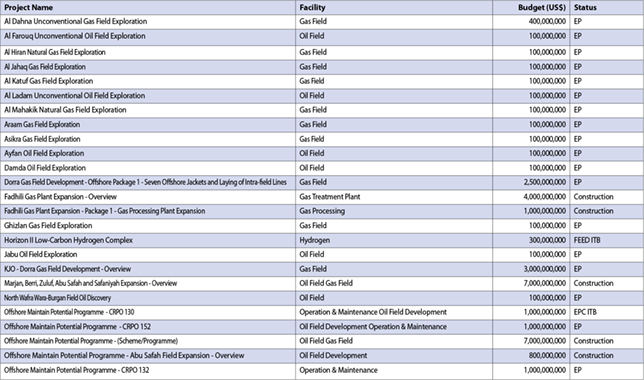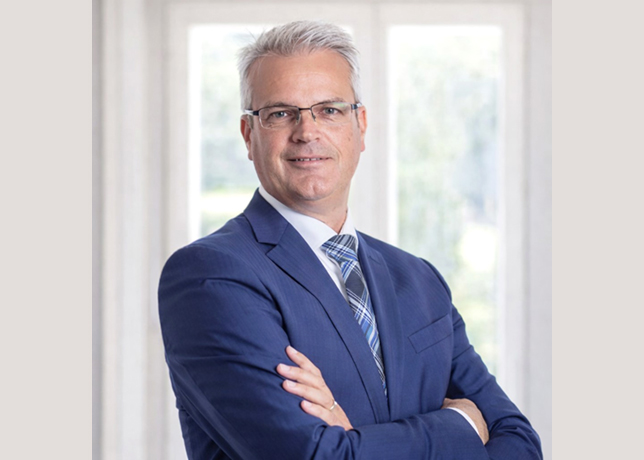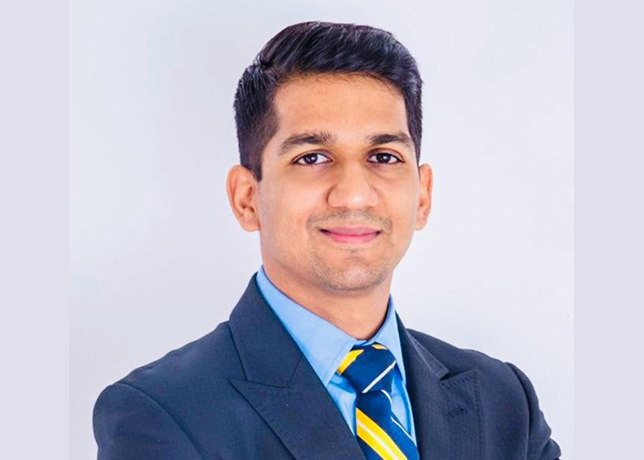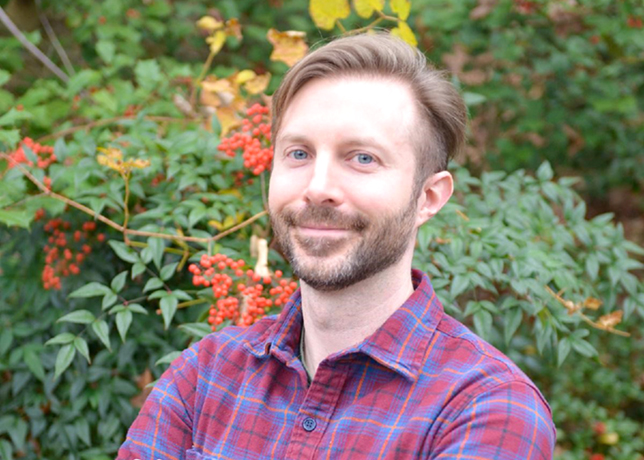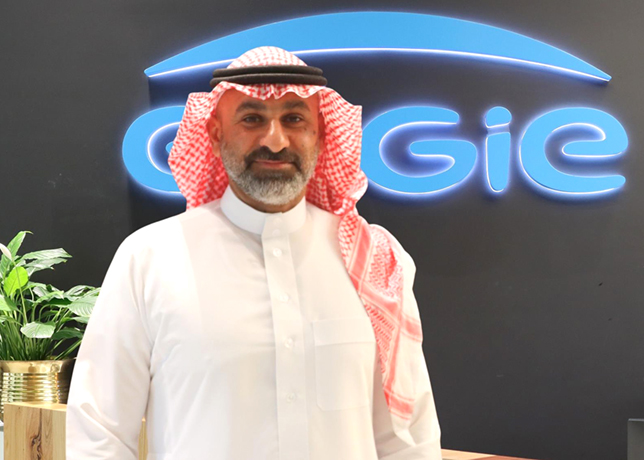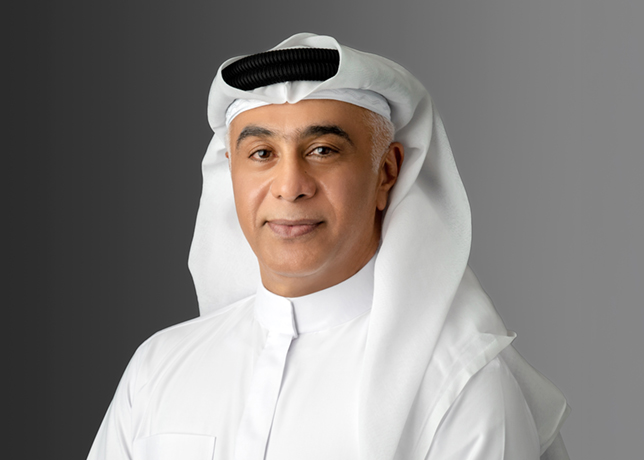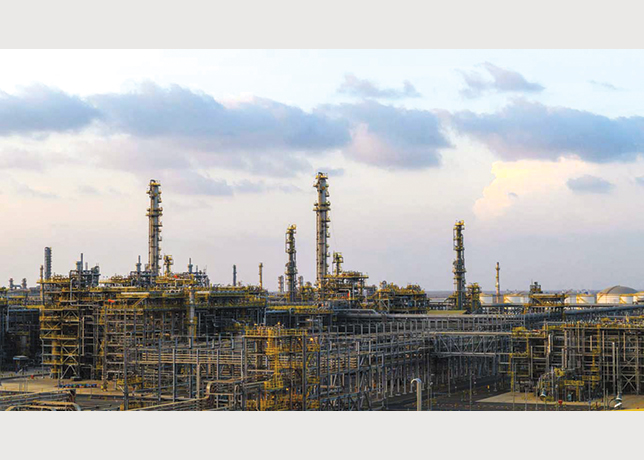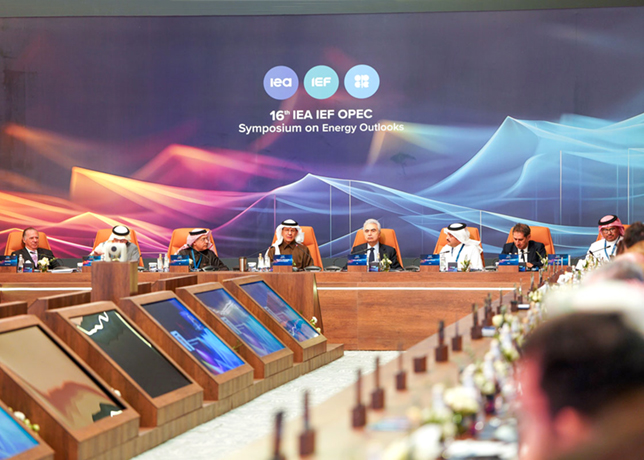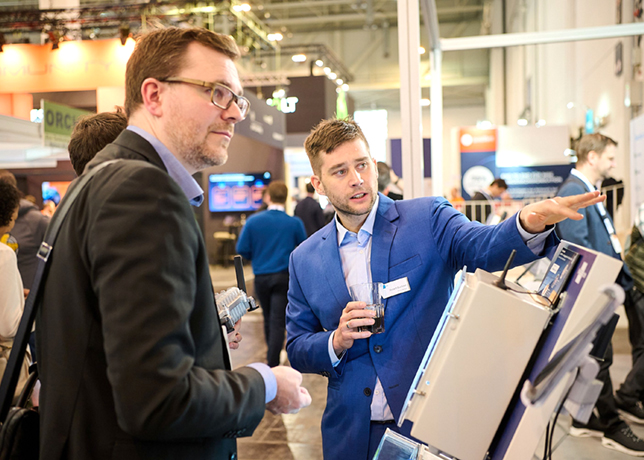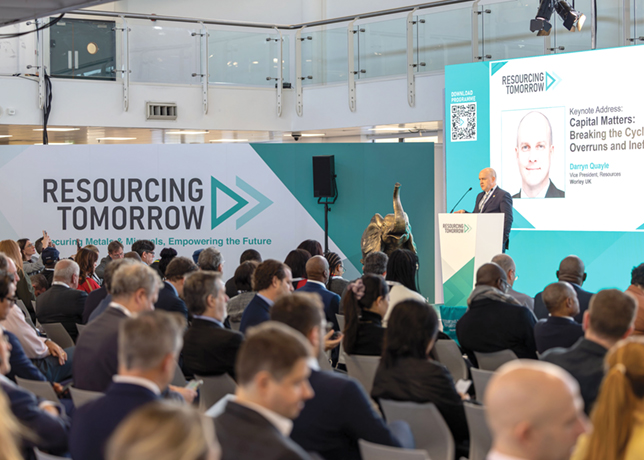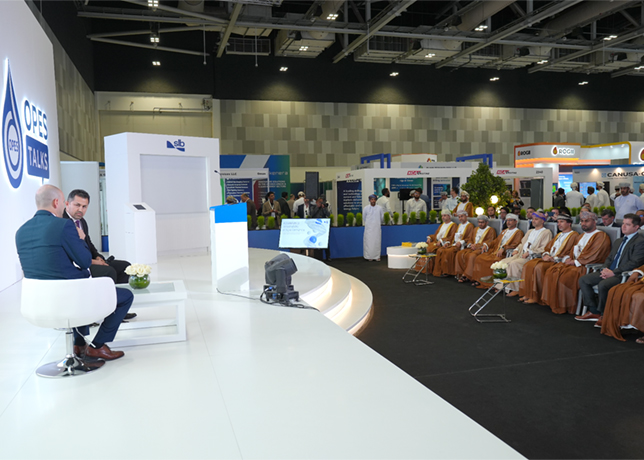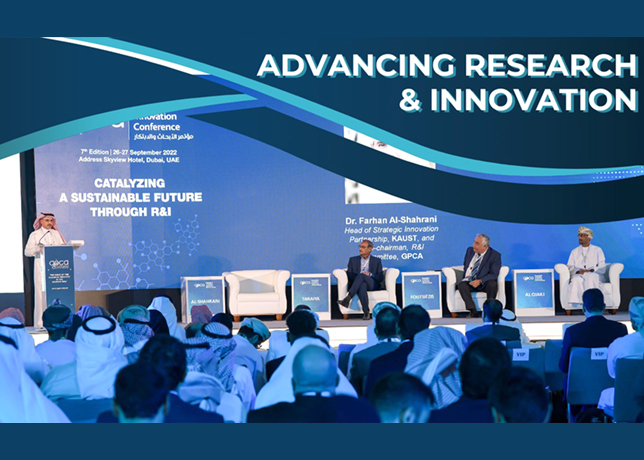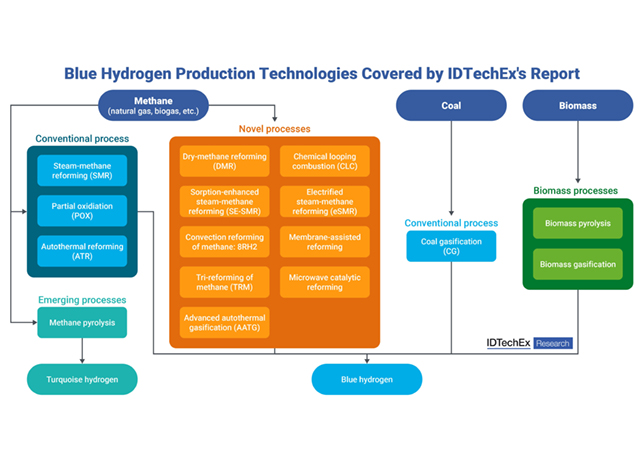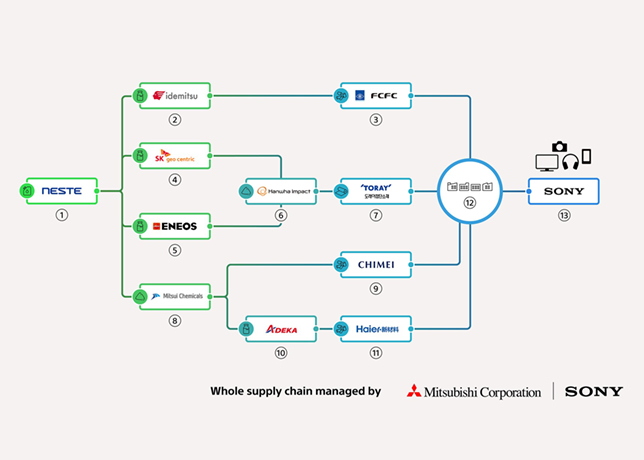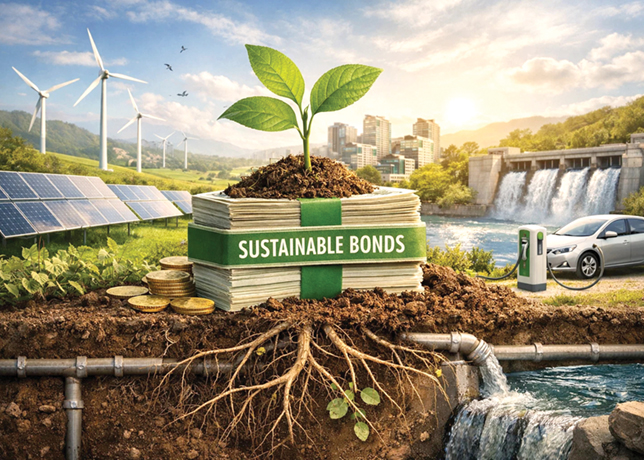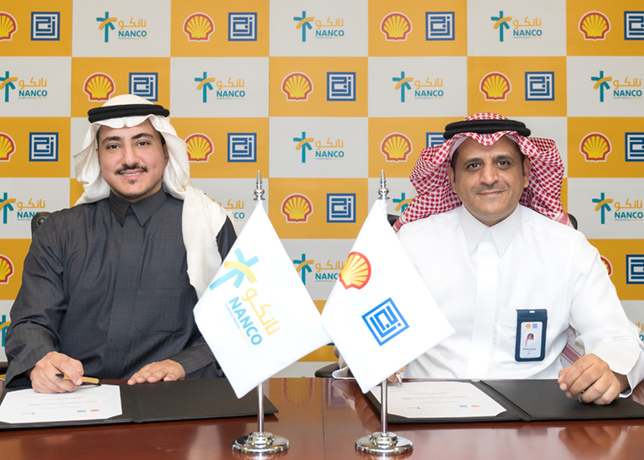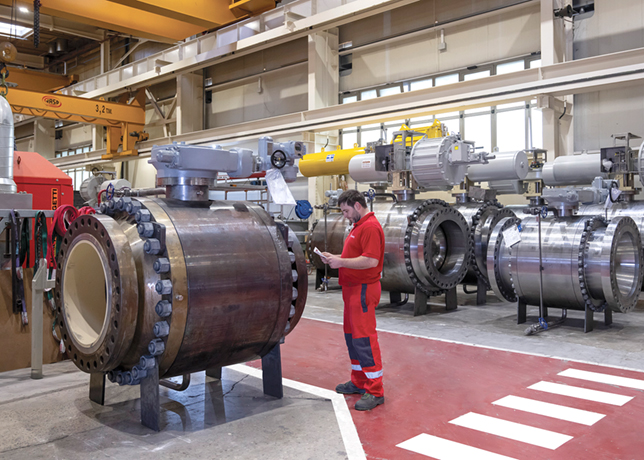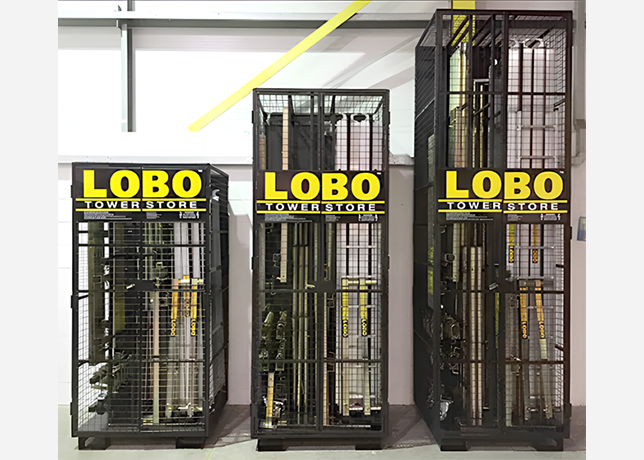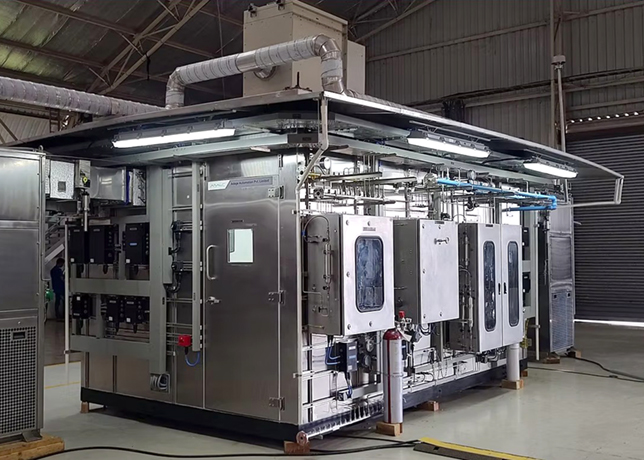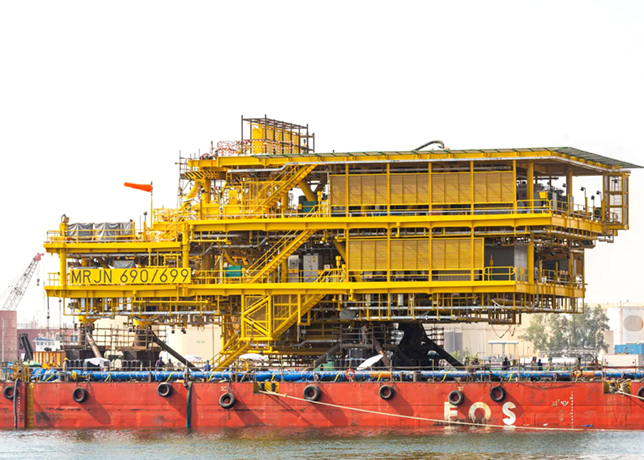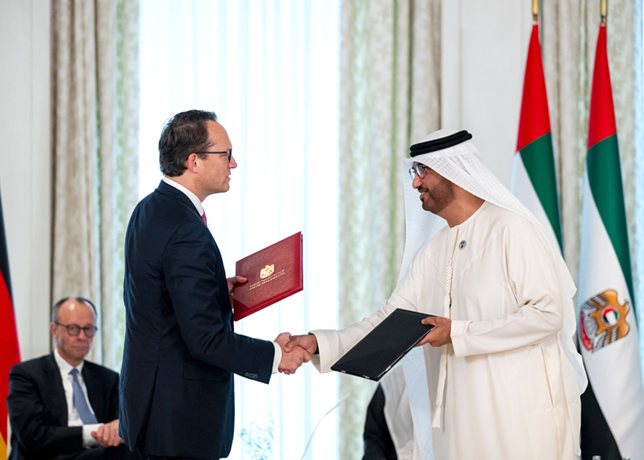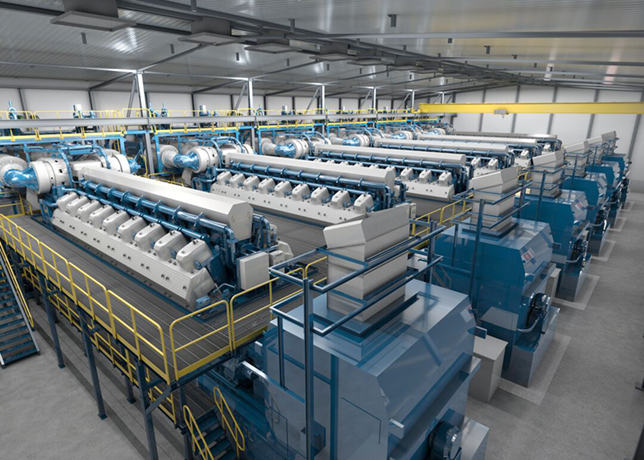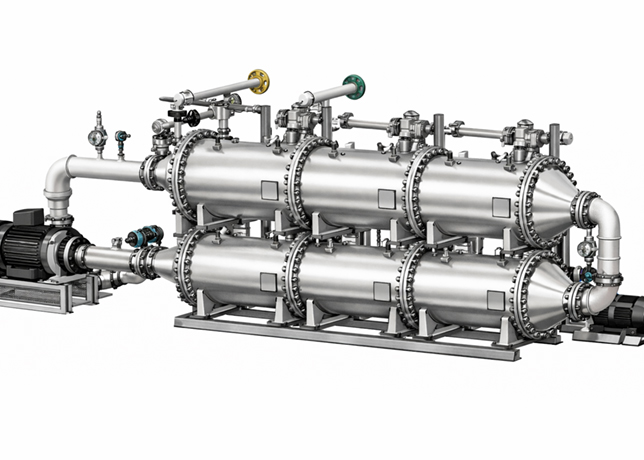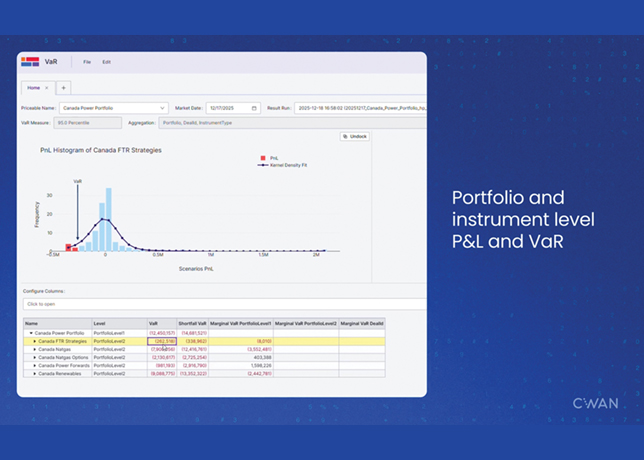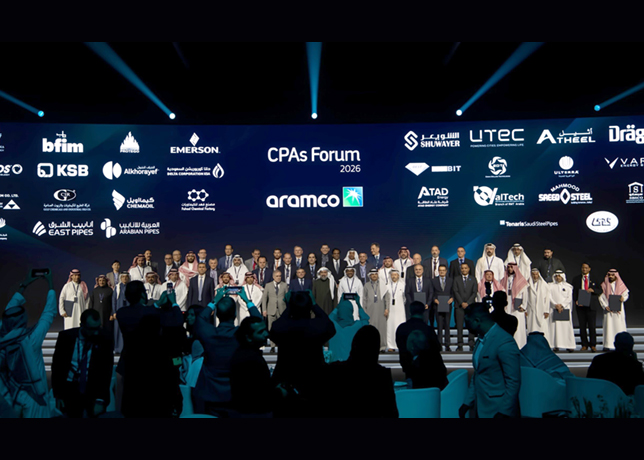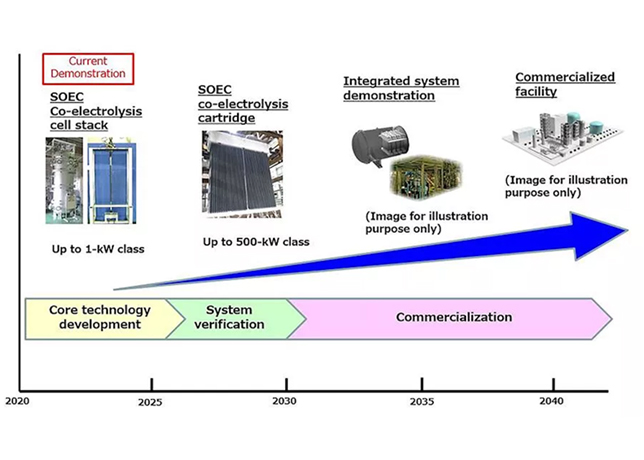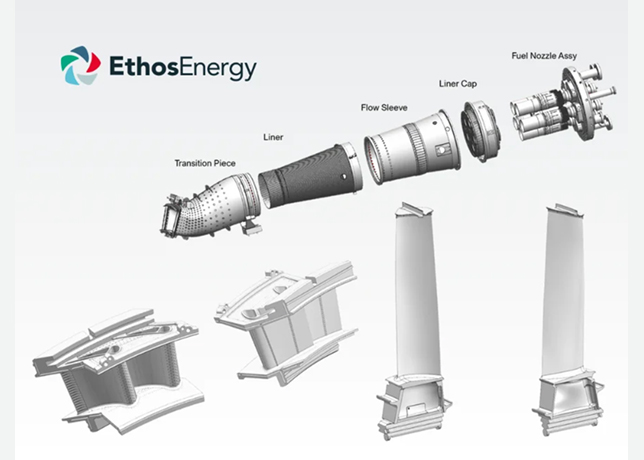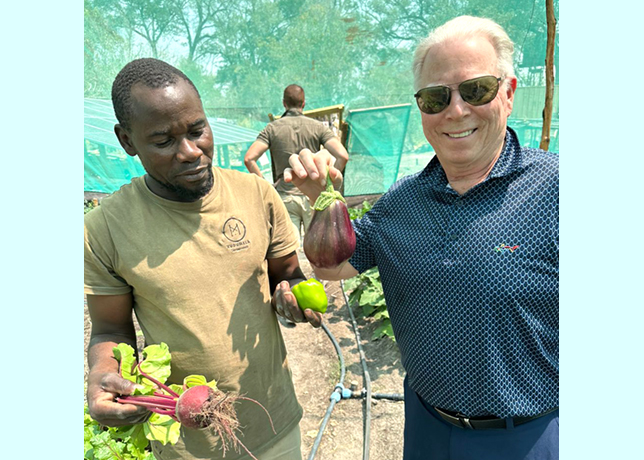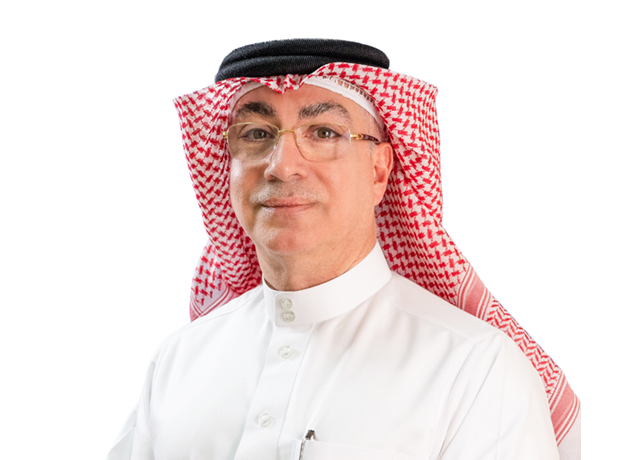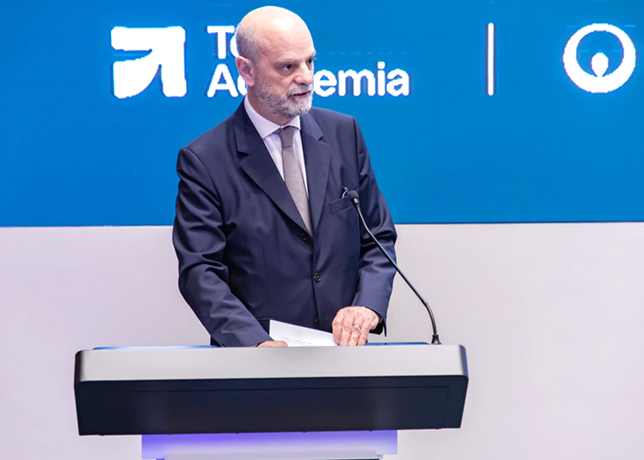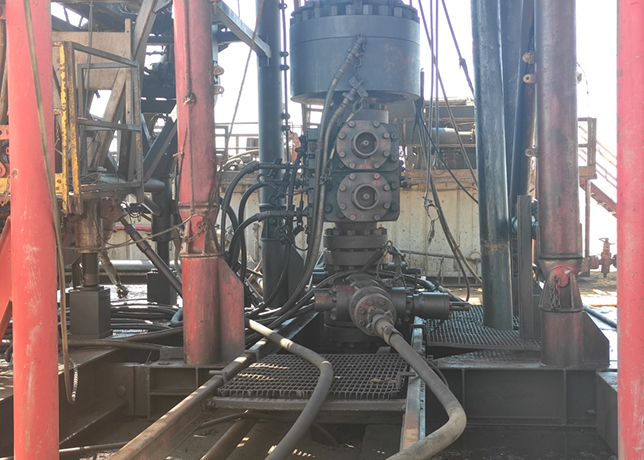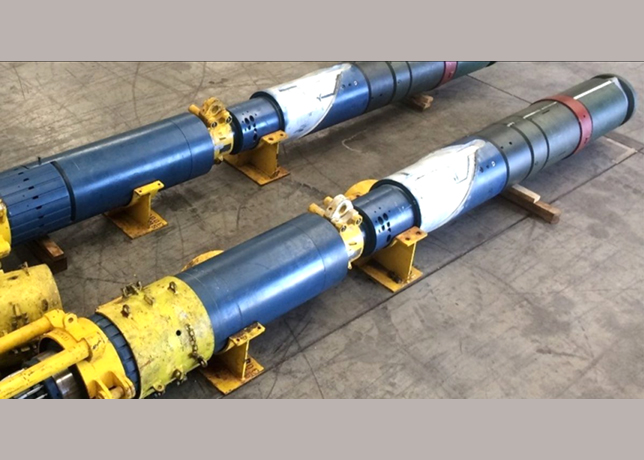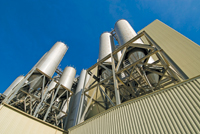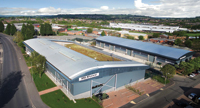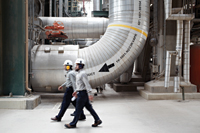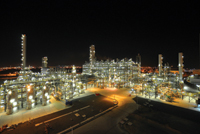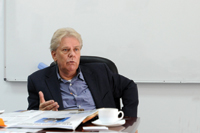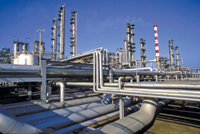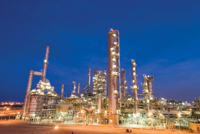
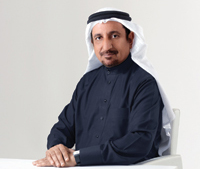 Al Mady ... powerful partnerships
Al Mady ... powerful partnerships
SAUDI Basic Industries Corporation’s (Sabic) new strategy, Sabic 2025, will make the company more integrated, more differentiated and more global, says Mohamed H Al Mady, vice chairman and chief executive officer.
In an interview in the company’s annual report Al Mady says: “We will work on developing competitive feedstock sources around the world, while growing our global presence with a focus on rapidly developing and emerging economies.”
The company will become more market-facing, offer differentiating technology platforms and ensure innovation plays a key role in developing solutions for its customers. “And we will form powerful partnerships to build our expertise and reach,” he says.
Finally, Sabic will align with the Kingdom of Saudi Arabia’s industrialisation strategy, he asserts. Above all, it is conscious that in the rapidly changing world markets and with natural resources under pressure, it needs to be innovative, efficient and sustainable in everything it does.
In 2012, Sabic’s story has been one of optimisation and improvement. It has increased production in olefins and gases, and mitigated the impact of a very volatile benzene market in its aromatics business. Better customer service and more efficient processes have driven improvements in both its glycols and oxygenates operations. Sustainability and reduced energy consumption have been themes across chemicals production at Sabic.
It has been a year of milestones for Sabic’s Performance Chemicals unit. Sabic’s manufacturing affiliate, Saudi Kayan, signed an agreement to create the world’s largest butanol plant, and made significant steps toward building new elastomer and carbon-fibre facilities. The company’s plans to become a global polyurethane leader advanced further, with the signing of a technology license agreement and the addition of production capacity for feedstock chemicals. The Saudi Kayan Amines Project came onstream in 2012, and Sabic moved closer toward ACN (acrylonitrile) and MMA (methyl methacrylate) production.
Excerpts from the interview:
Looking back at 2012, what kind of year has it been for Sabic?
Our performance in 2012 revealed the true strength of Sabic. Despite extremely challenging market conditions, we maintained a strong financial performance, with net profits of SR25 billion on sales of SR189 billion, and assets of SR338 billion. This has also been a year of milestones.
We have entered into important new large scale projects in Saudi Arabia and China. The Sinopec Sabic Tianjin Petrochemical Company (SSTPC) laid the foundation for a polycarbonate production complex in Tianjin, China. To support Saudi Arabia’s economic diversification and job nationalisation programs, Sabic and ExxonMobil affiliates announced a synthetic rubber project in Al-Jubail through their existing joint venture, Kemya.
This will provide new industry opportunities and markets in the automotive and construction sectors, and support development of the workforce in Saudi Arabia. We launched our first Sustainability report as part of our overall global commitment to responsible, sustainable business practices and opened the doors to our new Sabic Academy – the centre for developing our employees’ abilities, allowing them to acquire knowledge and gain wider experience in developing their abilities.
 |
Sabic is placing emphasis on speciality |
How do you view the outlook for the global petrochemicals industry? What are the major trends?
Our industry has always been fiercely competitive and the current economic environment ensures it will remain so. We’ve seen much consolidation over the past five years and I expect this trend to continue. Our success depends on being able to provide customers with the choices they need, and this in turn depends on adequate feedstock.
In this challenging environment, what do you see as Sabic’s key innovation opportunities? How will you take advantage of them?
In developing our Sabic 2025 strategy, we carefully examined the mega-trends that impact our industry and Sabic in particular. From this analysis, we identified several focus areas and innovation platforms. Alternative feedstocks are particularly important. We are emphasising speciality chemicals derived mostly from naphtha and other associated heavy feedstocks, as well as aiming to build a global lead in the use of CO2 and hydrogen, both of which also have important sustainability benefits. Other avenues of innovation include alternative energy, light-weighting, functional fluids and key process technologies where excellence is required.
Sabic’s stated vision is to become the preferred world leader in chemicals. How do you plan to achieve this?
Everyone at the company takes this vision very seriously. Our new strategy, Sabic 2025, will make the company more integrated, more differentiated and more global. We will work on developing competitive feedstock sources around the world, while growing our global presence with a focus on rapidly developing and emerging economies. We will become more market-facing, offer differentiating technology platforms and ensure innovation plays a key role in developing solutions for our customers. And we will form powerful partnerships to build our expertise and reach. Finally, Sabic will align with the Kingdom of Saudi Arabia’s industrialisation strategy. Above all, we are conscious that in rapidly changing world markets and with natural resources under pressure, we need to be innovative, efficient and sustainable in everything we do.
So has sustainability risen up on Sabic’s agenda?
Sustainability is at the top of our agenda. It touches every one of our businesses and operations. From my point of view, it is good for the environment and good for business. Given today’s pace of change and resource constraints, sustainability must be part of a company’s overall growth strategy if the business is to be successful for the long term. In the chemical industry in particular, sustainability credentials are our license to continue to do business. And our customers want sustainability too: for example, solutions that cut their energy footprint during manufacturing, by reducing both the weight and thickness of their products, or materials that are more recyclable and include post-consumer recycled content. Together with improvements to our processes – from smoother supply-chain performance to re-using waste materials – these initiatives have reduced our carbon footprint.
Your 2012 report places great emphasis on the importance of people. What steps does Sabic take to invest in its employees?
Sabic’s people are our most important resource. It is their ingenuity and dedication that is at the heart of our competitive advantage. We’re particularly proud in 2012 to have formally opened the Sabic Academy in Riyadh. Equipped to develop employees’ management skills as well as technical expertise, it is further, concrete evidence of our commitment to people. More broadly, for all employees we offer on-the-job training, which incorporates professional certifications, team building, project management and coaching. Sabic people have the opportunity to attend courses, seminars and conferences, both inside and outside the company. We work with Saudi Arabian and international universities to both find and develop future talent, and run courses for our employees.
Clearly Sabic has a strong culture and strong convictions. Could you summarise what the brand represents?
Compared with our long-established competitors in Europe and the Americas, Sabic is a young brand, just a few decades old. We are investing in building the power of our brand and expect to see a return on this investment over time. Chemistry that matters articulates what the Sabic brand stands for: it encapsulates the ingenuity of our people, our strong relationships with our customers, and the ways in which Sabic products influence the lives of people around the world.
We also place substantial time and effort into building and maintaining a world class compliance culture in Sabic. We have well-established compliance processes and training programs that are designed to ensure that all of our employees hold themselves to the highest standards of ethics and integrity in all of their business dealings for Sabic.



